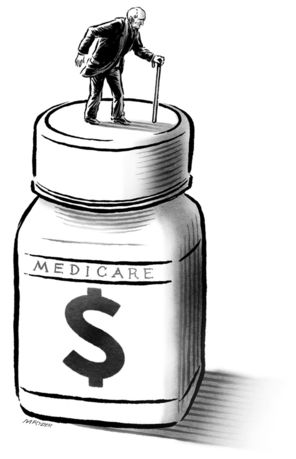A h igher education riddle: When can a college slash tuition by almost half, without losing revenues? Answer: When nobody much pays full tuition anyway.
igher education riddle: When can a college slash tuition by almost half, without losing revenues? Answer: When nobody much pays full tuition anyway.
When Converse College, a tiny women’s college here, announced that it was “resetting” next year’s tuition at $16,500, down 43 percent from the current year’s published price of $29,000, the talk was about affordability, transparency and a better deal for struggling families.
But of Converse’s 700 undergraduates, only a small number — in the single digits, its president said, paid the full sticker price in recent years. Almost everyone received a tuition discount from the college, along with, in many cases, financial aid from the state and federal governments. (NYT)
But you won’t hear any of the usual suspects in health policy complaining about the universities that pay their salaries.
 he NSA collects 200 million text messages a day.
he NSA collects 200 million text messages a day.







